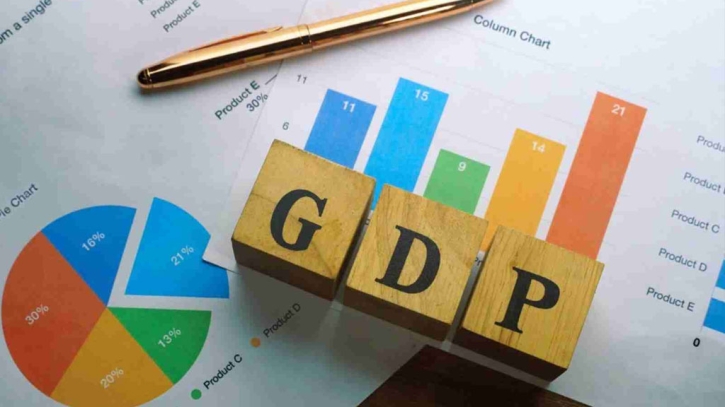Bangladesh economy to grow 6.1% in FY23: WB
BI Report || BusinessInsider

Representational collected image
The World Bank (WB) has projected a 6.1 percent GDP growth for Bangladesh in the current fiscal year of 2022-23, revising it down by 0.6 percentage points.
The global money lender released its latest projection on Thursday through a report titled “South Asia Economic Focus 2022: Coping with Shocks Migration and the Road to Resilience”.
The World Bank projected that Bangladesh’s GDP will grow 6.2 percent in FY24, raising it by 0.8 percentage points from 5.4 percent.
The report also revised Bangladesh’s GDP growth for FY22 to 7.2 percent, up by 0.8 percent points.
The revision to the forecasts reflects the effects of the continuing war in Ukraine and tighter monetary stance in high-income countries, the World Bank report said.
“In Bangladesh, GDP growth is projected to decelerate slightly to 6.1 percent in FY2022/23, as higher inflation and rolling electricity blackouts dampen the post-Covid recovery in consumption and investment. The lack of reliable high-frequency indicators creates difficulties for policymakers to track economic developments,” World Bank said.
“Higher inflation is expected to dampen private consumption growth, following substantial energy price increases. Export growth is expected to slow, as economic conditions in key export markets deteriorate, while rolling blackouts, gas rationing, and rising input costs weigh on manufacturing output,” it further said.
Though inflation in Bangladesh is forecasted to remain at single-digits, it is at the cost of stifling a market response.
Much of the price suppression comes from a plethora of quantity restrictions, including fuel subsidies and artificial inhibition of the domestic credit market through interest rate controls, the report said.
The global lender mentioned that though Bangladesh’s per-capita GDP is set to continue growing, it has lost momentum as institutional challenges impact growth-promoting policies and insufficient diversification of earnings.
The report projects that the fiscal deficit in Bangladesh is going to increase slightly from 4.1 percent of GDP in FY22 to 4.9 percent in FY23.
This will keep pressure on public finances and the decline in government investment will not be enough to offset increasing subsidy and incentive expenditure.
The provisional data of the Bangladesh Bureau of Statistics suggested that Bangladesh’s economy grew 7.25 percent in FY22.
























